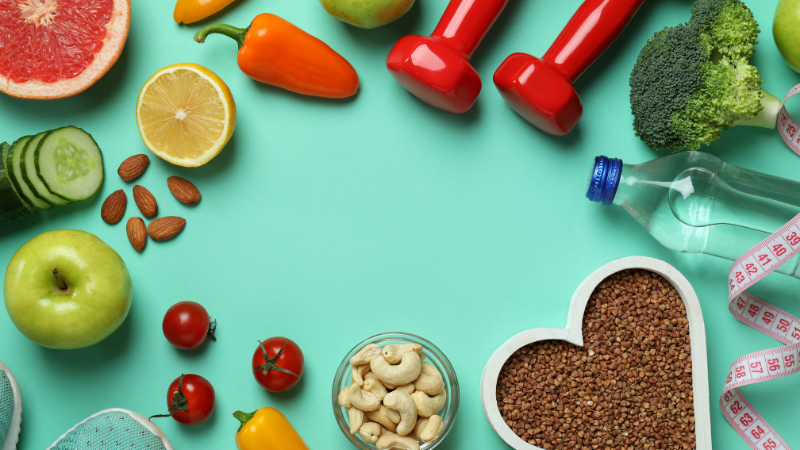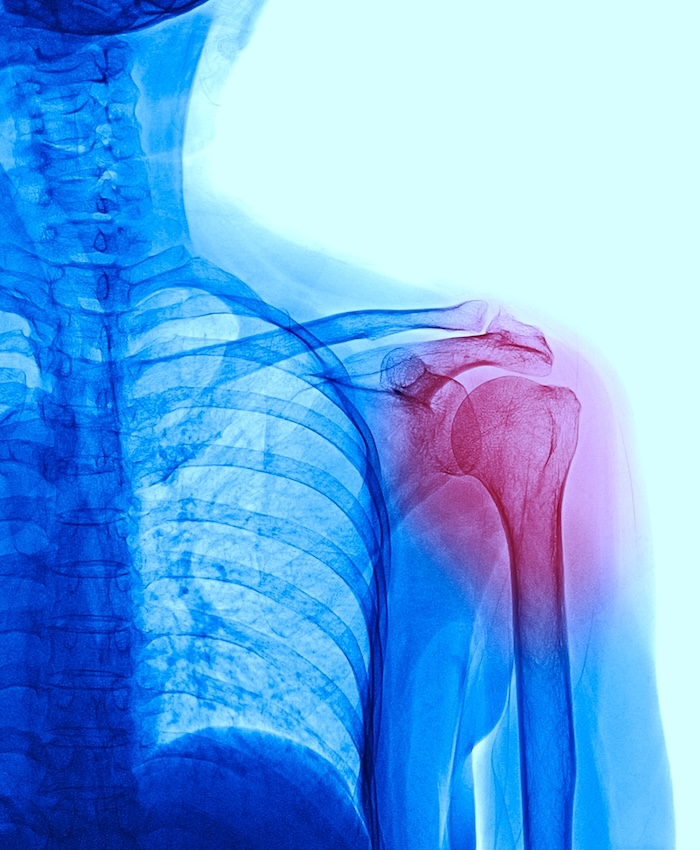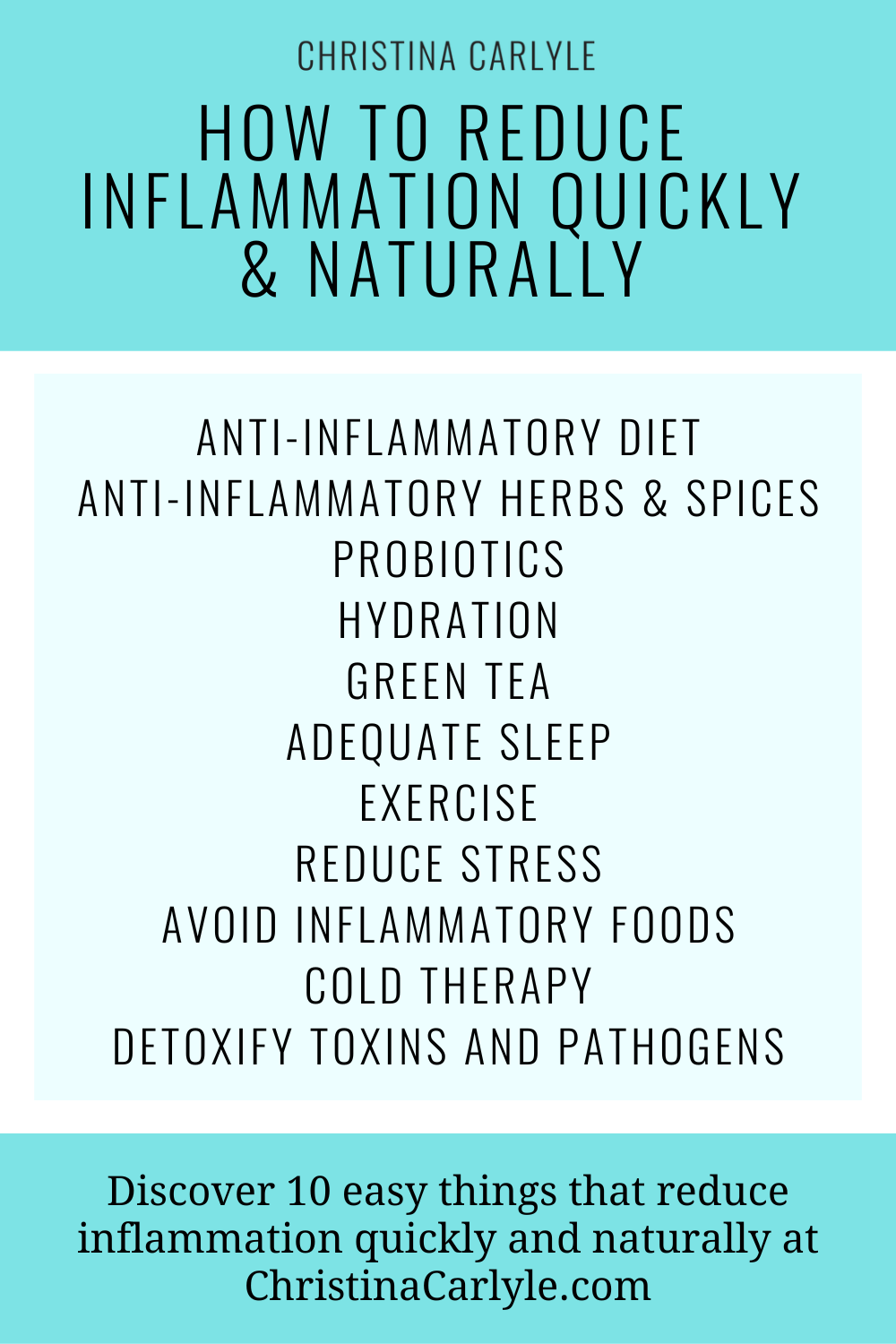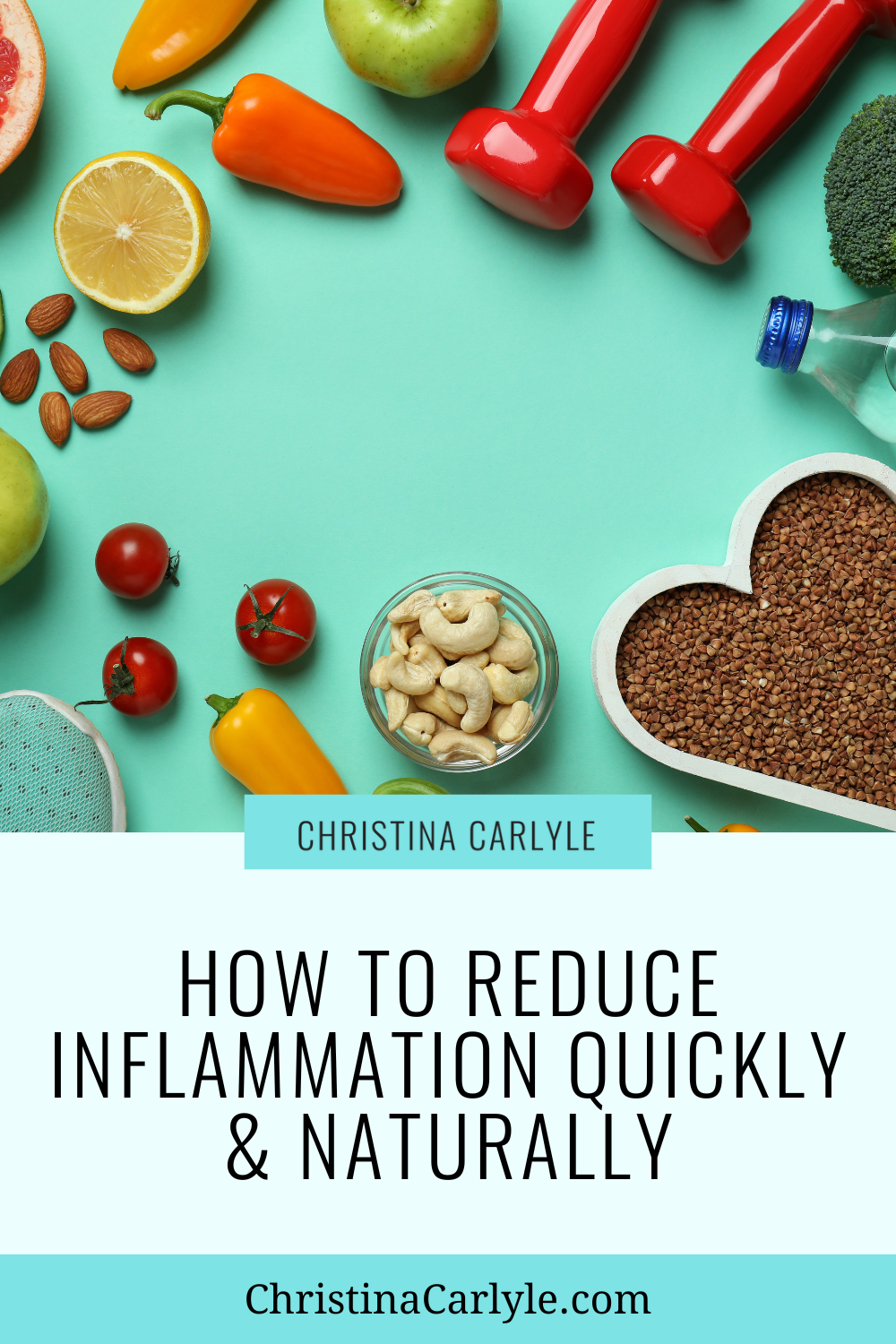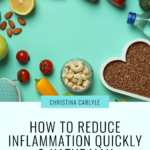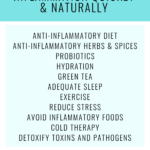Last Updated on February 22, 2024
Inflammation is rampant in those struggling with aches, pains, physical and mental health symptoms, and weight gain.
Don’t worry! There are natural ways to reduce inflammation naturally.
First I’m going to go over what inflammation is, what can cause it, and suggestions that reverse inflammation quickly and naturally.
What is Inflammation?
Inflammation is a natural and necessary process that occurs in the body’s immune response to injury, infection, or irritation. It is the body’s way of protecting itself and initiating the healing process. When tissue is damaged or threatened by harmful stimuli, such as pathogens, toxins, or physical injury, the immune system responds by triggering inflammation to eliminate the threat and repair the damaged tissue.
The inflammatory response involves various chemical mediators, immune cells, and blood vessels. Key components of inflammation include:
- Vasodilation: Blood vessels near the affected area widen (vasodilation), allowing more blood to flow to the site of injury or infection. This increased blood flow helps deliver immune cells, nutrients, and oxygen to the area.
- Increased Permeability: Blood vessel walls become more permeable, allowing immune cells and fluid-containing proteins and other substances to move from the bloodstream into the surrounding tissue. This helps to contain and neutralize the harmful agents causing the inflammation.
- Immune Cell Activation: Immune cells, particularly white blood cells like neutrophils and macrophages, are recruited to the site of inflammation. These cells help to engulf and destroy pathogens, remove debris, and initiate tissue repair.
- Release of Inflammatory Mediators: Various chemical mediators, such as cytokines, prostaglandins, and histamine, are released during inflammation. These substances help to amplify the immune response, regulate inflammation, and promote healing.
- Symptoms: Inflammation is often associated with classic signs and symptoms, including redness, swelling, heat, pain, and loss of function at the affected site. These symptoms are a result of increased blood flow, immune cell activity, and tissue damage.
While acute inflammation is a normal and protective response, chronic inflammation can be harmful and contribute to the development of various health conditions, including autoimmune diseases, cardiovascular diseases, and certain cancers. Chronic inflammation can arise from factors such as ongoing infections, blocked detox pathways & toxic buildup, autoimmune disorders, long-term exposure to irritants (e.g., pollutants, toxins), obesity, and unhealthy lifestyle habits.
Managing inflammation, especially chronic inflammation, is important for maintaining overall health and well-being. Lifestyle factors such as diet, exercise, stress management, and adequate sleep can play significant roles in modulating inflammation levels within the body.
10 Natural Ways to Reduce Inflammation Quickly
Reducing inflammation naturally often involves adopting a healthy lifestyle and incorporating anti-inflammatory practices into your daily routine. Here are some of the most effective, natural ways to reduce inflammation in the body:
Anti-Inflammatory Diet
Adopting an anti-inflammatory diet involves prioritizing whole, minimally processed foods that are rich in nutrients and antioxidants. These foods provide essential vitamins, minerals, fiber, and phytonutrients that support overall health and help combat inflammation. Fruits, vegetables, whole grains, lean proteins, and healthy fats should form the foundation of your meals. Additionally, omega-3 fatty acids found in fatty fish, flaxseeds, and walnuts can help reduce inflammation. Conversely, processed foods, refined carbohydrates, sugary snacks, and trans fats should be limited, as they can promote inflammation within the body. By focusing on nutrient-dense foods and minimizing inflammatory triggers, you can support your body’s natural healing processes and reduce inflammation so make sure you’re avoiding foods that cause inflammation and other root causes of inflammation… because you can’t reverse inflammation if you’re simultaneously causing it. Also, anti-inflammatory foods won’t get you much relief if you still have stealth infections… I explain more about that in a bit. Keep reading…
Also, ALL of my meal plans are anti-inflammatory. My meal plans also address and prevent other root causes of metabolic dysfunction so you can look and feel great fast. You can lose up to 5 pounds in a week on my meal plans.
Anti-Inflammatory Herbs and Spices
Herbs and spices such as turmeric and ginger are known for their potent anti-inflammatory properties. Turmeric contains curcumin, a compound with powerful antioxidant and anti-inflammatory effects. Adding turmeric to dishes or taking curcumin supplements can help reduce inflammation and alleviate symptoms. Similarly, ginger contains gingerol, which has been shown to suppress inflammation and provide pain relief. Incorporating fresh ginger into cooking, brewing ginger tea, or adding it to smoothies are effective ways to harness its anti-inflammatory benefits. By incorporating these herbs and spices into your diet, you can enhance the flavor of your meals while supporting your body’s natural defenses against inflammation. But again, turmeric and anti-inflammatory spices and herbs won’t do much if you’re still exposed to foods and other things that cause inflammation. Also, DO NOT use turmeric to reduce inflammation if you have any of the parasite symptoms or any known or suspected liver issues. Turmeric will make you worse! Use a grounding mat instead!
Probiotics
Probiotics are beneficial bacteria that promote a healthy balance of gut flora and help regulate the immune system. Consuming probiotic-rich foods like yogurt, kefir, sauerkraut, kimchi, and kombucha can support gut health and reduce inflammation. Additionally, these fermented foods provide valuable nutrients and enzymes that aid digestion and absorption of nutrients. By incorporating probiotics into your diet, you can strengthen your body’s natural defense mechanisms and promote overall well-being. Probiotics, found in fermented foods like yogurt, kefir, sauerkraut, and kimchi, can promote a healthy gut microbiome, which is linked to reduced inflammation. I do NOT recommend fermented foods if your inflammation is being caused by a pathogen like bacteria, candida, or mold. If present, fermented foods can make your inflammation significantly worse because they feed the bag ‘bugs’. If you have inflammation I only recommend taking probiotics, specifically a quality brand with bifidobac strains, like this probiotic from Metagenics.
Hydration
Drinking an adequate amount of water is essential for reducing inflammation in the body due to its role in maintaining proper hydration and supporting various physiological processes. When the body is dehydrated, it can lead to an increase in the production of inflammatory markers and oxidative stress. Proper hydration helps support optimal blood flow and nutrient delivery to tissues, aiding in the removal of toxins and waste products that contribute to inflammation. Water also plays a crucial role in facilitating the function of immune cells, which are involved in modulating the inflammatory response. Adequate hydration helps support the function of the lymphatic system, which plays a key role in removing cellular waste and reducing inflammation. By staying properly hydrated, individuals can help mitigate inflammation and promote overall health and well-being. Unfiltered water and plastic-packaged water can cause inflammation… so make sure you’re drinking enough filtered water out of glass. Use my Water Intake Calculator to figure out how much water you need.
Green Tea
Green tea is renowned for its high concentration of polyphenols, particularly catechins like EGCG, which have potent antioxidant and anti-inflammatory properties. Drinking green tea regularly can help reduce inflammation, protect against oxidative stress, and support cardiovascular health. Additionally, green tea has been associated with various other health benefits, including improved brain function, fat loss, and reduced risk of certain cancers. By enjoying green tea as part of your daily routine, you can harness its powerful antioxidants to support your body’s natural defenses against inflammation and disease. Green tea contains polyphenols, particularly catechins like epigallocatechin gallate (EGCG), which have potent antioxidants and anti-inflammatory properties. Regular consumption can help reduce inflammation. Drink green tea regularly as part of your hydration routine. I recommend this green tea for inflammation because it also has liver support herbs which helps reduce inflammation further.
Adequate Sleep
Adequate sleep is crucial for reducing inflammation as it regulates immune responses, stress hormone levels, and cellular repair processes. During sleep, the body produces anti-inflammatory cytokines while maintaining a balanced immune system. Additionally, proper sleep patterns help regulate cortisol levels, preventing excessive inflammation caused by stress. Sleep provides an opportunity for cellular repair and detoxification, promoting tissue healing and reducing oxidative stress-induced inflammation. Moreover, sleep influences the balance of gut bacteria, contributing to a less inflammatory environment in the body. By supporting antioxidant defenses and facilitating optimal immune function, adequate sleep plays a vital role in mitigating inflammation and promoting overall health and well-being. Aim for 7-9 hours of sleep per night.
Exercise
I know a lot of people don’t exercise because they have inflammation… but the reality is exercise plays a significant role in reducing inflammation through multiple interconnected mechanisms. Physical activity stimulates the release of anti-inflammatory cytokines while reducing visceral fat, which is a source of pro-inflammatory molecules. Improved insulin sensitivity induced by exercise also contributes to lowering inflammation levels. Additionally, regular exercise boosts the body’s antioxidant defenses, counteracting oxidative stress and its inflammatory effects. Furthermore, exercise modulates immune cell function, promoting a balanced immune response and reducing excessive inflammation. It also positively influences gut microbiota composition, which in turn contributes to lower inflammation. By reducing stress levels and enhancing blood flow, exercise further supports the body’s ability to manage inflammation, ultimately promoting overall health and well-being. Focus on a mix of cardiovascular exercise, strength training, and flexibility exercises. For this I recommend my Mind Right, Body Tight® Program because it includes exercises, a meal plan, and other easy daily tasks that reduce inflammation caused by both the mind and body, accelerating the metabolism and making you look and feel great in the process.
Reduce Stress
Reducing stress has a profound impact on inflammation through intricate physiological pathways. Chronic stress triggers the release of stress hormones like cortisol and adrenaline, which can dysregulate the immune system and promote inflammation. High cortisol levels, in particular, have been linked to increased production of pro-inflammatory cytokines and oxidative stress. Additionally, stress can disrupt the balance of the autonomic nervous system, shifting towards sympathetic dominance, which further exacerbates inflammation. Stress reduction techniques such as mindfulness meditation, deep breathing exercises, somatics, and yoga have been shown to modulate the stress response, lowering cortisol levels and promoting relaxation. By managing stress effectively, individuals can mitigate the inflammatory response, supporting overall health and well-being. If you have stress I highly recommend my Magic Moves Somatic Exercise Program. It combines somatic breathwork, yoga, and somatic exercises to get stored stress out of the body.
Avoid Inflammatory Foods
Avoiding inflammatory foods is crucial for reducing inflammation in the body as certain foods can trigger immune responses and promote inflammatory pathways. You can see a list of foods that cause inflammation (and other common sources of inflammation).
Cold Therapy
Cold therapy, also known as cryotherapy, is effective in reducing inflammation through several mechanisms. When cold is applied to the body, it causes vasoconstriction, narrowing blood vessels and reducing blood flow to the affected area. This constriction helps limit the release of pro-inflammatory substances and reduces swelling and tissue damage. Additionally, cold therapy decreases metabolic activity and slows down the rate of chemical reactions, which can help alleviate pain and discomfort associated with inflammation. Cold also numbs nerve endings, providing immediate relief from pain sensations. Furthermore, cold therapy stimulates the release of endorphins, which are natural painkillers that promote relaxation and well-being. Overall, cold therapy acts as a potent anti-inflammatory treatment by reducing blood flow, metabolic activity, and pain perception in the affected area, ultimately aiding in the recovery process. Cold therapy can range from using an ice pack, taking ice baths, or using a cryotherapy chamber.
Detoxify the Body of Toxins and Pathogens
Detoxing pathogens can reduce inflammation by removing the source of immune activation and inflammatory responses in the body. Pathogens such as bacteria, viruses, and parasites can trigger the immune system to mount defensive reactions, leading to the release of pro-inflammatory cytokines and the recruitment of immune cells to the site of infection. By eliminating pathogens through detoxification processes, either naturally or with the help of medications or treatments, the immune system can return to a state of balance and reduced activity. This reduction in immune activation helps decrease the production of inflammatory mediators and dampens the inflammatory response throughout the body. Additionally, by removing the burden of persistent infection, detoxing pathogens can prevent ongoing tissue damage and inflammation, promoting healing and resolution of inflammatory conditions. Overall, detoxing pathogens plays a crucial role in reducing inflammation and restoring immune system homeostasis, thereby improving overall health and well-being. If you have toxins and pathogens (that cause toxins) then I highly recommend this Phase 1 Detox Protocol. It helps safely remove both toxins and pathogens and works faster and better than any other product line for this purpose. You can only order Phase 1 via a credentialed practitioner (like me). To order, Use Patient Direct Code: dW7NRP9q to be able to order.
Also, one of the best ways to reduce inflammation quickly and naturally is grounding. If you don’t know, grounding, also known as earthing, is a practice that involves connecting with the Earth’s natural energy by walking barefoot outside or by using conductive systems that transfer the Earth’s electrons to the body. The concept is based on the idea that the Earth carries a negative charge, and when we make direct contact with it, such as by walking barefoot on grass, sand, or soil, we absorb its electrons.
The problem? Walking barefoot outdoors is a great way to get parasites! lol
The solution? A grounding mat. Simply plug it in, lay on it, and soak up all the benefits without any risks. The linked grounding mat has been a lifesaver for me. I can noticeably feel a difference when I do (and don’t use it).
Remember, DO NOT use turmeric to reduce inflammation if you have any of the parasite symptoms or any known or suspected liver issues. Turmeric will make you worse and damage the liver more! Someone with parasites already has liver issues because parasites and pathogens produce so many toxins! Use a grounding mat (like this one) instead!
Let me know if you have any questions.
Your Coach & Biggest Cheerleader,
![]()

